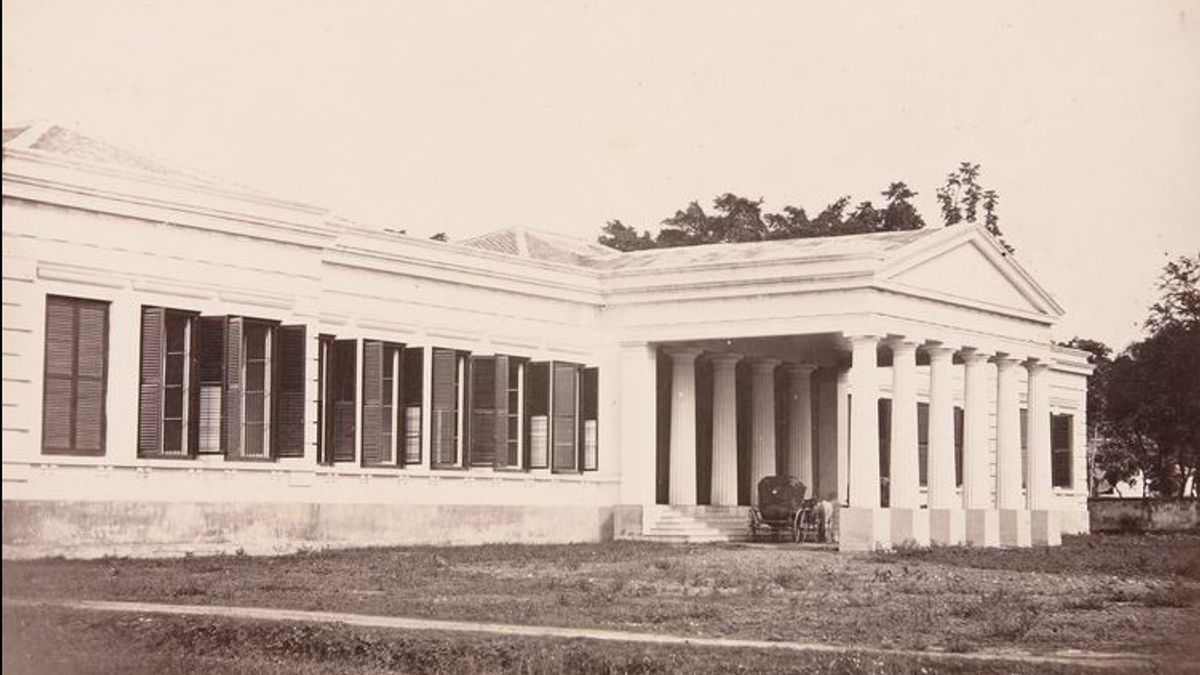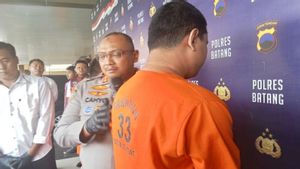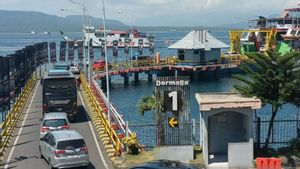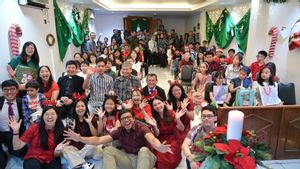JAKARTA - Today, 244 years ago, April 24, 1778, the Bataviaasch Genootschap van Kunsten en Watenschappen organization was born. Behind it is the figure of Jacob Cornelis Matthieu Radermacher. The presence of the Bataviaasch Genootschap is proof that the intellectual world has begun to penetrate Asia.
The organization is also known as the first foundation for arts and sciences in Batavia. Therefore, the National Museum or Elephant Museum was established. The organization is also one of the oldest scientific associations in Asia.
The progress of science and art has a big role in the development of a city. Batavia, for example. It could be a Dutch trading airline, the VOC only thought about profit. However, over time, they also need knowledge. In order to promote trade in the colonies, he said.
The Land of the Windmills has started it. A series of associations in the fields of science and art began to flourish in the Netherlands. Different conditions actually occur in the archipelago. There is no person who is able to initiate a community that has a strong vision and mission in the world of science.
In the midst of that void, a Radermacher appeared. He is a revolutionary figure. His presence brought many changes in Batavia, even the archipelago. His ideas in advancing science are worldless.

Radermacher does not want to work just for personal gain. He educates his life more broadly: science. The idea that made him form two organizations at once. First, the lodge (group) of the Free Mason movement (Freemasons). Second, the Bataviaasch Genootschap van Kunsten en Watenschappen association on 24 April 1778.
“This first step was immediately followed by a second step, because on 24 April 1778 a separate Indies institution was established, which was called the Batavian Association for the World of Knowledge and Arts. The purpose of the association is to work for the common good. The activity was carried out with enthusiasm, so the founding meeting was attended by a large number of prominent members of the Indies community, and soon many high-ranking officials and private world figures became members of the association.”
"The place where the first general meeting of this new organization was held, namely at the head office of the Indies government, was very decisive for its position in Batavian society," said Th. Steven in the book 'The Free Masonic Order and the Society of the Dutch East Indies and Indonesia 1764-1962 (2004)'.
- https://voi.id/memori/161146/konser-pertama-justin-bieber-di-indonesia-dalam-sejarah-hari-ini-23-april-2011
- https://voi.id/berita/161051/polisi-tangkap-unyil-dkk-pelaku-perkosaan-bocah-15-tahun-di-pinggir-sawah-cisoka-tangerang
- https://voi.id/berita/161139/kawal-case-novia-widyasari-komnas-perempuan-sehkan-surat-rekomendasi-ke-pn-mojokerto
The establishment of the association received a lively response from the people of Batavia. Radermacher's role was not playing big. He himself made a donation of ancient objects and his books as many as six cabinets for the Bataviaasch Genootschap. The house is also used as an office. Scientific research is their mandatory agenda.
Gradually, the association grew and existed. Their contribution was badly needed by the colonial government. They even have their own museum to accommodate all kinds of collections of ancient objects, as well as a library. The museum was later known as the Elephant Museum.
“The oldest reports published by the association dealt with issues such as sanitary reform in Batavia, street lights, road repairs, port conditions, and so on. Although the charter of the association shows that reports on natural history and antiquities and Indonesian customs are well received."
“The points of this study automatically occupy the second place. Nevertheless, mentioning the history and customs of the indigenous people as a subject that has scientific weight is in itself a very important new thing,” concluded Bernard HM Vlekke in the book 'Nusantara (2018)'.
The English, Chinese, Japanese, Arabic, and French versions are automatically generated by the AI. So there may still be inaccuracies in translating, please always see Indonesian as our main language. (system supported by DigitalSiber.id)









